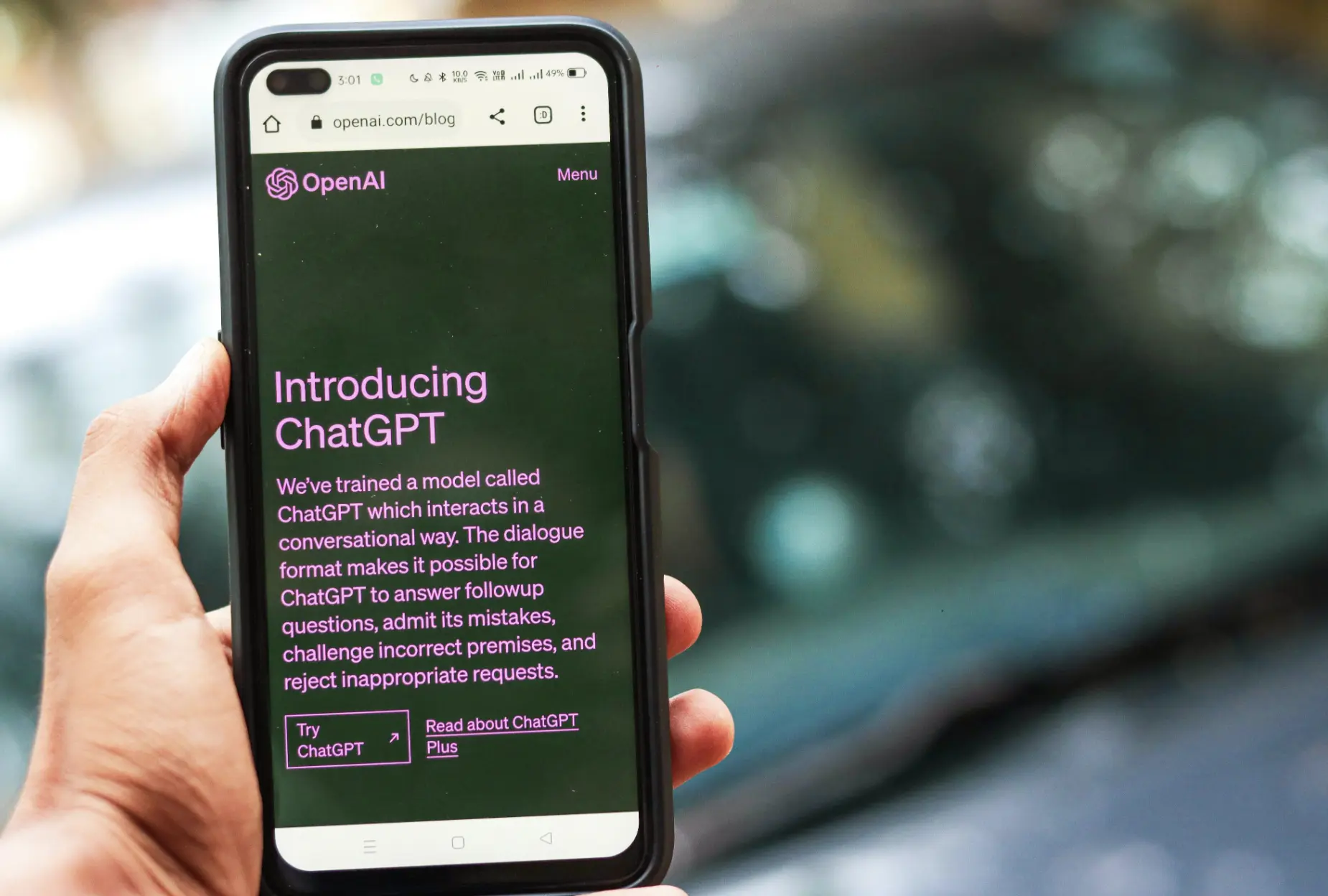
Image by Sanket Mishra, from Pexels
GPT-4o Gets Customizable
OpenAI introduced yesterday a new feature that enables corporate customers to customize its most powerful AI model, GPT-4o, using their own company data. This capability allows businesses to train GPT-4o on additional information specific to a particular task or subject area.
The new feature called fine-tuning enables developers to train the model on custom datasets, improving its performance and accuracy for specific tasks. OpenAI is also offering 1 million training tokens per day for free to all organizations until September 23.
Fine-tuning allows developers to tailor GPT-4o’s responses to their specific needs. By training the model on relevant data, developers can customize the structure and tone of responses, or even follow complex domain-specific instructions.
For example, a company that manufactures cameras might fine-tune an AI model to function as a customer-service chatbot capable of answering questions about camera settings, lens compatibility, and maintenance tips.
Bloomberg suggests that this move comes as startups encounter increasing competition for their AI products aimed at businesses, while companies face mounting pressure to show tangible benefits from their investment in AI.
OpenAI has stated in their announcement that they have tested GPT-4o fine-tuning with several partners, yielding promising results. OpenAi claims that partners such as Cosine and Distyl have achieved “state-of-the-art performance” on various benchmarks.
The announcement reported that the fine-tuned GPT-4o model enhances Genie’s ability to identify and resolve bugs, build features, and refactor code with greater accuracy.
Additionally, the SCMP reported yesterday that OpenAI has signed a multiyear agreement with Condé Nast to license the magazine company’s content. This deal, the latest high-profile media partnership for the AI startup, will see OpenAI featuring content from brands such as Vogue, The New Yorker, and Wired within its products, the company announced on Tuesday.
Condé Nast CEO Roger Lynch emphasized the importance of adapting to new technologies while ensuring fair attribution and compensation for intellectual property.
This move follows recent legal disputes with publishing companies, such as The Center for Investigative Reporting and The NYT, who have accused OpenAI and Microsoft of copyright infringement. These companies allege that the tech giants built their AI models by using millions of their copyrighted articles without permission.
OpenAI’s new fine-tuning feature and partnership with Condé Nast position it as an AI leader. However, legal disputes with publishers highlight the challenges and ethical considerations surrounding AI development.






Leave a Comment
Cancel